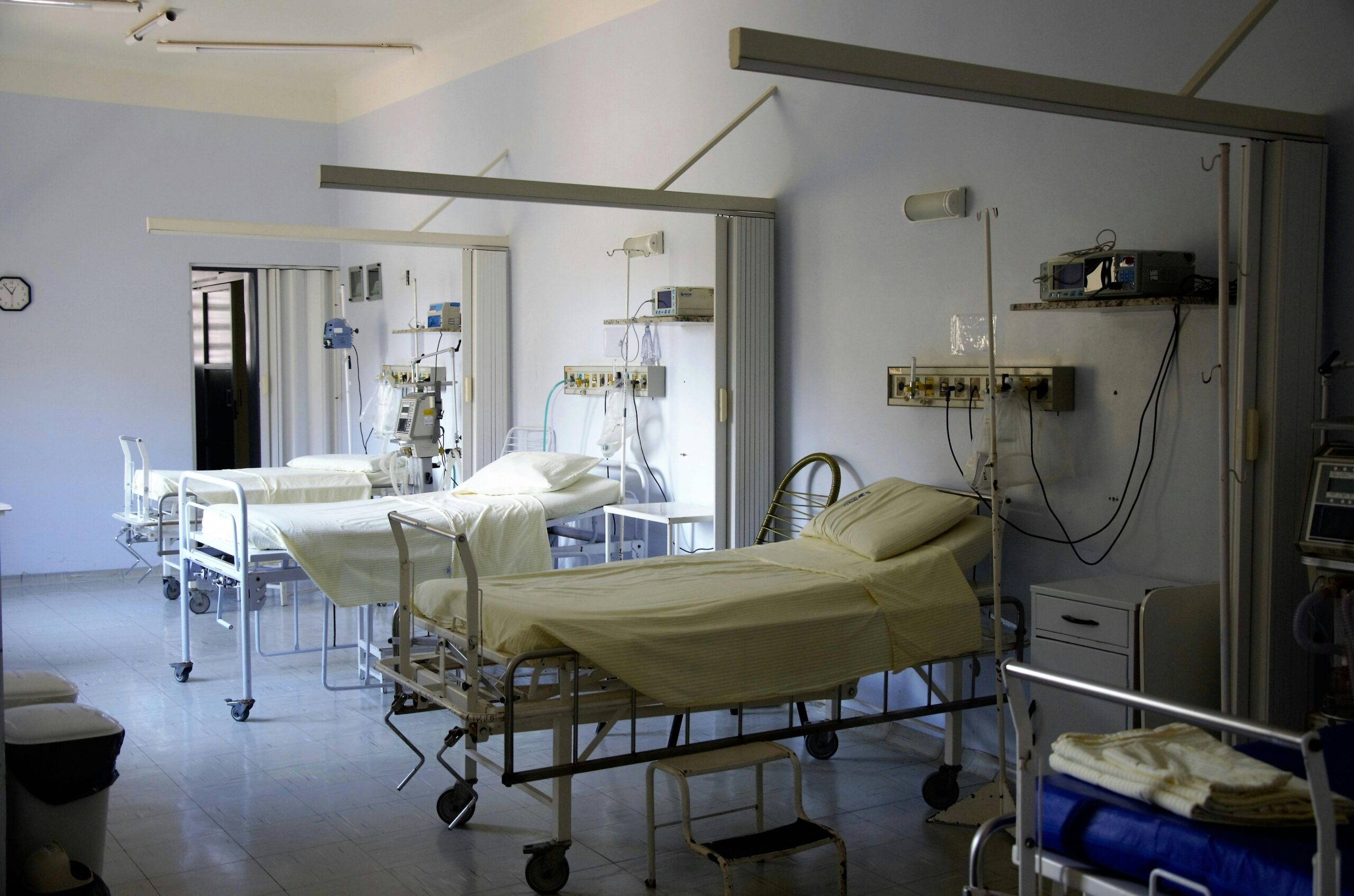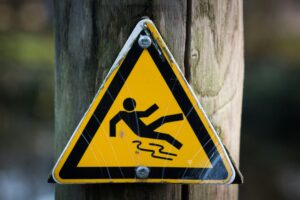
Your Legal Rights When Life-Saving Technology Causes Harm
Medical devices are designed to save lives and improve health—but when they fail, the consequences can be devastating. From defective pacemakers to faulty hip implants and malfunctioning insulin pumps, device failures can result in permanent injury, additional surgeries, or even death.
If you or a loved one has been harmed by a failed medical device, you may be wondering:
Can I sue the manufacturer? What about the hospital or doctor who implanted it?
The answer depends on the details of your case, but in many situations, both the device maker and the medical provider may be held legally responsible. Here’s what patients need to know about product liability, medical malpractice, and pursuing a personal injury claim after a device failure.
⚙️ What Counts as a Medical Device Failure?
Medical devices can fail in a number of ways, including:
Design defects – The device was inherently unsafe from the start
Manufacturing defects – Something went wrong during production
Labeling or marketing defects – Inadequate warnings, instructions, or risks disclosed
Improper implantation – The device was incorrectly installed or used by a surgeon or medical team
Device recalls – The FDA or manufacturer pulls the product due to known risks
Common examples of devices involved in injury claims include:
Pacemakers and defibrillators
Artificial joints or hip/knee implants
Spinal cord stimulators
IUDs and contraceptive implants
Surgical mesh
Insulin pumps and glucose monitors
Infusion pumps and catheters
Robotic surgical tools
🏥 Who Can Be Held Liable When a Device Fails?
1. The Manufacturer
Medical device companies are held to strict standards under product liability law. If the device was defectively designed, poorly manufactured, or lacked proper warnings, the manufacturer may be liable for:
Defective product claims
Failure to warn
Negligent marketing or testing
These cases often turn into mass torts or class-action lawsuits if multiple patients are harmed.
2. The Hospital or Healthcare Provider
Hospitals and medical staff may also be liable if:
They knew about risks or recalls and used the device anyway
The device was improperly implanted or monitored
They failed to inform you of potential side effects or complications
They ignored post-operative symptoms or signs of device failure
In these cases, your claim may fall under medical malpractice.
⚖️ What Must Be Proven in a Lawsuit?
To succeed in a claim, your legal team must typically show:
The medical device was defective or improperly used
The defect or misuse caused your injury or worsened condition
You suffered damages as a result (physical, financial, or emotional)
In product liability cases, you don’t always need to prove negligence—just that the device was unsafe when used as intended.
💰 What Compensation Can Victims Recover?
If a medical device failure causes harm, you may be entitled to compensation for:
Hospital bills and follow-up care
Corrective surgeries
Physical therapy and rehabilitation
Lost wages or reduced earning capacity
Pain and suffering
Emotional trauma
Long-term disability or disfigurement
Punitive damages (in cases of gross corporate negligence)
In wrongful death cases, surviving family members may also recover funeral costs and loss of companionship damages.
🧾 What Evidence Strengthens a Device Failure Case?
Medical records documenting the device and related treatments
Proof of the manufacturer, model, and lot number
Doctor’s notes about complications or device performance
Recall notices or FDA safety alerts
Expert testimony from biomedical engineers or medical professionals
Imaging (X-rays, MRIs) showing failed components
Witness testimony or surgeon reports
The earlier you consult an attorney, the better your chances of preserving this critical evidence.
⏳ Don’t Wait: These Claims Have Deadlines
Medical device lawsuits fall under state-specific statutes of limitations—usually between 1 to 3 years from the date of injury or discovery of the failure. Waiting too long could permanently bar your right to compensation.
✅ Conclusion: You Don’t Have to Suffer in Silence
When a medical device fails, it’s not just a setback—it can be life-altering. Whether the fault lies with the device itself or the people who used it, you have legal rights.
An experienced personal injury attorney can help determine whether you have a claim against the manufacturer, the hospital, or both—and will fight for the compensation you deserve.






